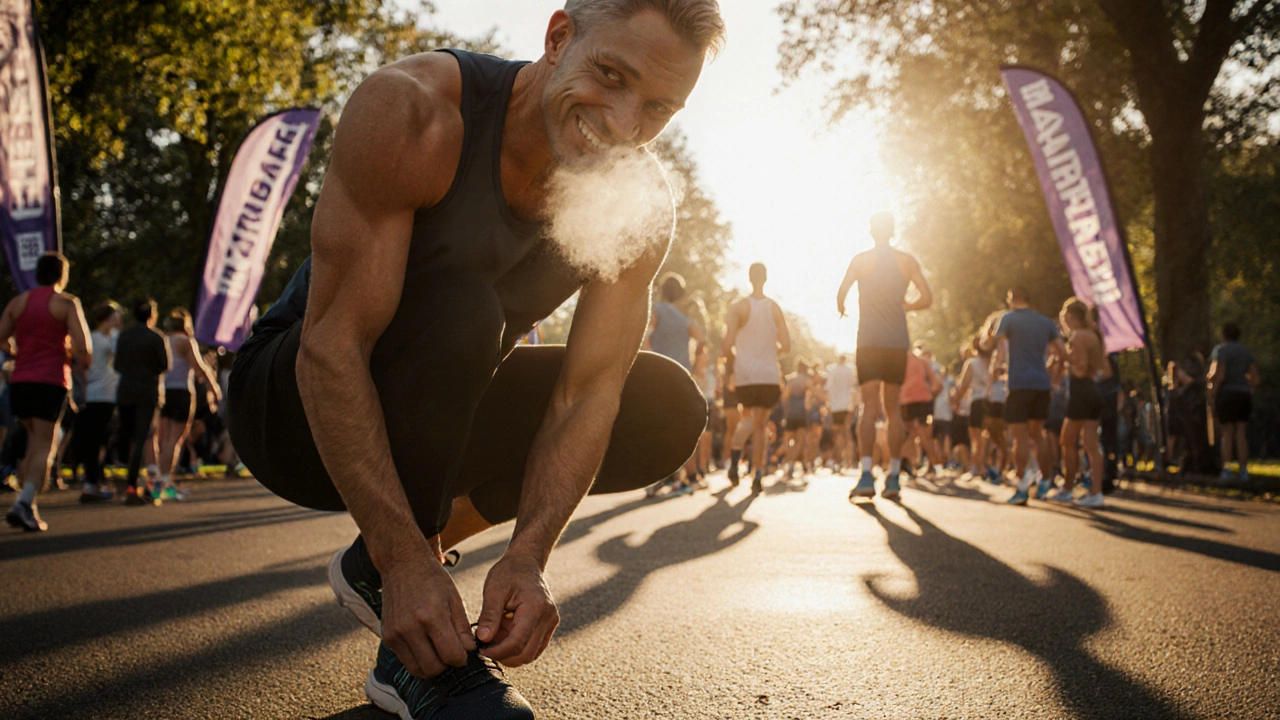
Marathon Beginners – Start Your 42.2km Journey
Marathon Beginners, people taking on their first 42.195‑kilometre race and seeking clear guidance. Also known as first‑time marathoners, it covers training, pacing, gear and recovery. If you’ve ever wondered whether you can go from a casual jogger to a marathon finisher, you’re in the right spot. The road to the start line isn’t a mystery; it’s a set of steps you can follow, and we’ll break each down.
Key Areas to Master
When you’re new to the distance, three pillars hold the whole process together. First, Marathon Training, a structured plan that builds mileage safely over weeks gives your body the endurance it needs. Second, Marathon Pacing, the art of finding a steady speed that matches your fitness prevents early burnout and helps you finish strong. Third, Marathon Recovery, post‑race habits that repair muscles and restore energy keeps you healthy for the next run. These three concepts form a semantic chain: training includes pacing drills, and good pacing reduces recovery time.
Let’s talk numbers for a moment. Average marathon finish times vary by age and gender, but a typical first‑timer lands around 4 hours 30 minutes. Knowing this benchmark helps you set realistic goals and choose a training pace that aligns with that target. It also shows why a solid training plan matters—without it, you risk finishing far slower or, worse, hitting a wall midway.
Age isn’t a barrier either. Starting at 37, for example, still gives you plenty of time to condition your heart and legs. The key is to focus on gradual mileage increases, strength work, and flexibility. Incorporating cross‑training like cycling or swimming can boost aerobic capacity without over‑loading joints.
Gear choices matter, but they don’t have to break the bank. A good pair of running shoes that fit your foot type, along with moisture‑wicking apparel, makes long runs more comfortable. Think of shoes as a tool that supports your training pillar, not a magic solution.
Nutrition is another piece of the puzzle. Fueling with carbs before long runs, staying hydrated, and refueling with a mix of protein and carbs after each workout speeds up recovery. Simple strategies—like a banana before a weekend long run and a protein shake afterward—fit neatly into the recovery pillar.
Mindset rounds out the picture. Visualizing race day, breaking the 42.2 km into smaller segments, and celebrating mini‑milestones keep motivation high. When you see each segment as a win, the distance feels less intimidating.
Below you’ll find a curated set of articles that dive deeper into each of these topics—average finish times, training plans for different ages, gear reviews, and science‑backed recovery tips. Use them as a toolbox to craft your own marathon‑ready routine and cross the finish line with confidence.
